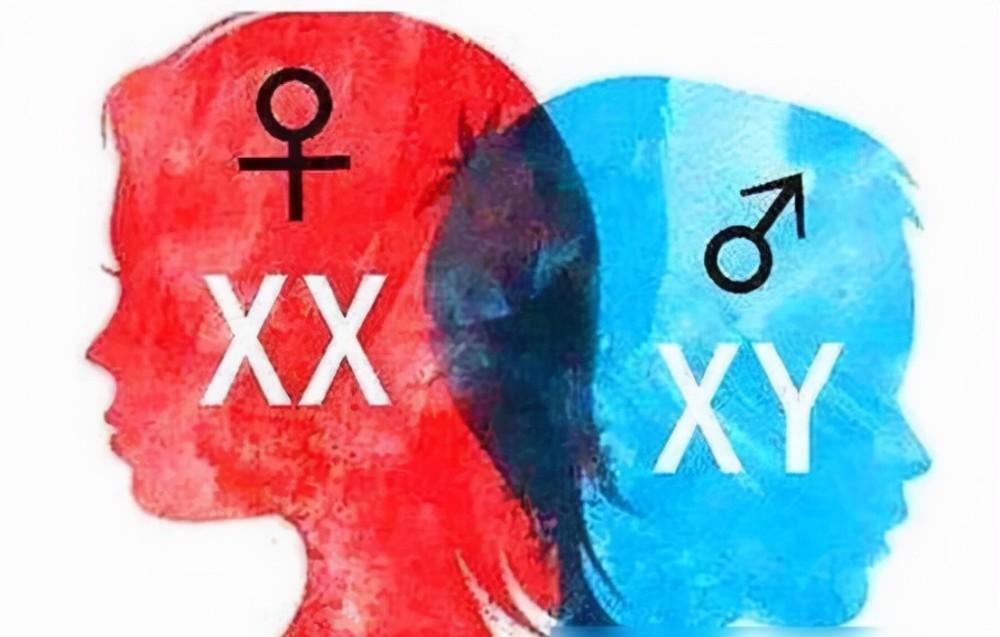An educator said: "The child is the shadow of the parent, and the parent is the mirror of the child." "It can be seen that there is a high degree of similarity between parents and children.
However, there are also many parents who encounter such a question: "We don't have this kind of problem in our family, why is it that only children are like this?" "Husband and wife are single eyelids, children with double eyelids, will not be born with others, right?"
This is a rather complex problem, involving many aspects of the field, want to delve into it may not be able to talk about it for three days and three nights, here is a brief explanation of why children can have some characteristics or diseases that parents and even the entire family do not have.
Genetics is not absolute
Children are like parents because of genetics, and I think everyone knows something about it. However, the child is not a clone of the parent and there are more or less certain differences between the child and the parent.
The carrier of genetic material is the chromosome, which is composed of DNA and proteins. The human genome is composed of 23 pairs of chromosomes, and in the process of reproduction and reproduction, both parents of the child provide 23 chromosomes, thus forming the child's genome.
Simply put, genes are like the blueprint of life, small fertilized eggs can grow into people, and the tissues and organs necessary for the development of life depend on the "guidance" of genes. A person's gender, pupil color, height, skin color, etc. are all closely related to genes.

The starting point of new life is the combined sperm and egg to form a fertilized egg, from the process of fertilized egg formation to embryonic development, and even the entire life of the person after birth, genes have the possibility of mutation. Genetic mutations are a very common phenomenon, and some genetic mutations can exist in the baby during the fetal period, and can cause the child to have some characteristics that are different from family members or suffer from certain diseases.
Genetic mutations are not necessarily all bad, it is precisely because of the mutation that there are a variety of people. If we pay attention to observation in life, we can often encounter some cases where children and their biological parents have different interests and hobbies, different appearance characteristics, and different good at things.
Dominant genes and recessive genes
As mentioned earlier, parents each provide their children with 23 chromosomes that carry their genes. When these chromosomes meet, which side is more pronounced? This brings us to the question of recessive genes and dominant genes.
In layman's terms, the dominant gene is stronger, and when it exists at the same time as the recessive gene, the dominant gene plays a decisive role. If both parents carry both recessive genes and dominant genes, then they show traits determined by recessive genes, but the possibility that parents pass them to their children happen to be recessive genes, so the child's performance is different from that of parents.
Presumably, many people also know about this knowledge at the secondary school level. However, textbooks and here only talk about the role of genes in the most simplified way, in fact, the form of gene expression is extremely complex, not simply either-or.
Non-genetic problems
The factors that affect an individual can be roughly reduced to both genetics and environment, that is, in addition to being affected by genetics, a person will also be shaped by the environment. There are some diseases or characteristics mainly related to the environment in which the individual is located, and it has nothing to do with genes or is not closely related, for example, if parents spoil their children too much, then it is difficult for children to form the correct three views and mode of life; parents do not smoke, children smoke, then the risk of lung cancer of the latter is significantly increased.
Individual differences are widespread, even between parents and children, so parents also need to rationally look at the differences between themselves and their children.
(Image from the Internet)